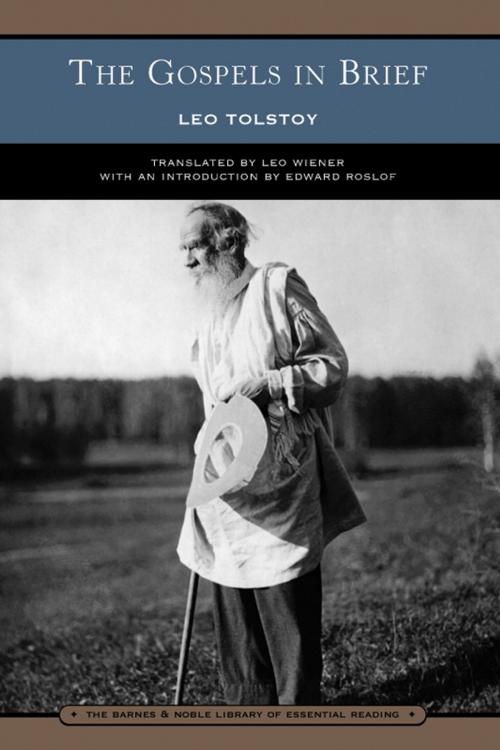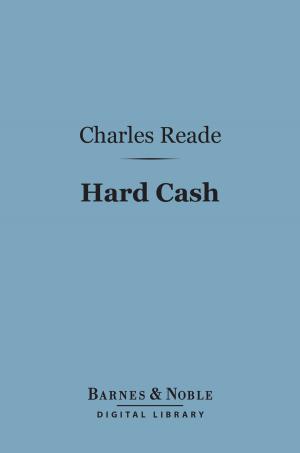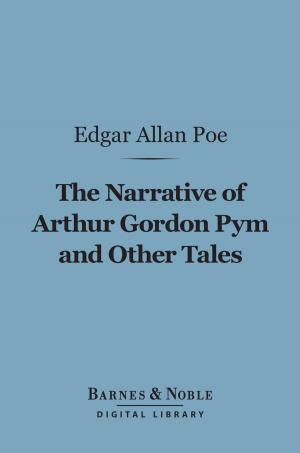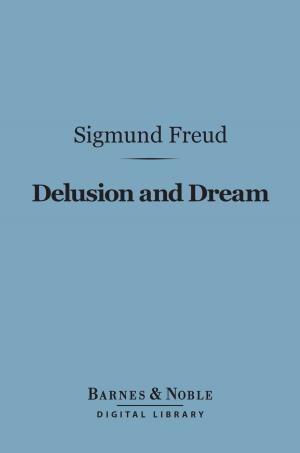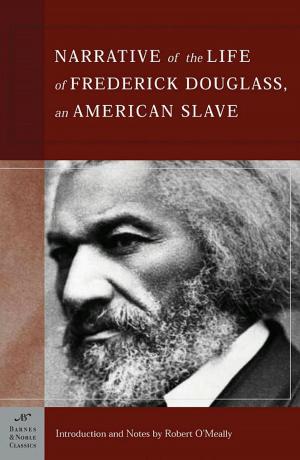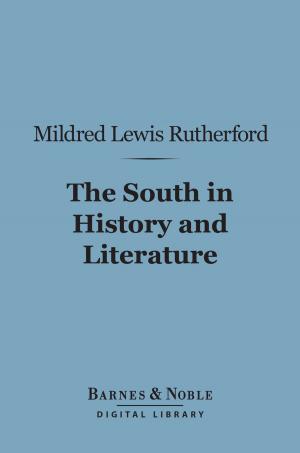The Gospels in Brief (Barnes & Noble Library of Essential Reading)
Fiction & Literature, Classics, Literary| Author: | Leo Tolstoy | ISBN: | 9781411429314 |
| Publisher: | Barnes & Noble | Publication: | September 1, 2009 |
| Imprint: | Barnes & Noble | Language: | English |
| Author: | Leo Tolstoy |
| ISBN: | 9781411429314 |
| Publisher: | Barnes & Noble |
| Publication: | September 1, 2009 |
| Imprint: | Barnes & Noble |
| Language: | English |
Leo Tolstoy's The Gospels in Brief (1881) is a daring attempt by Russia's greatest novelist to rewrite "the greatest story ever told." This book appeared soon after the writer experienced a period of deep despair that led to a conversion in his personal life. Following what might best be described as a mid-life crisis, Tolstoy devoted himself to a rational religion for the masses based on the moral teachings of Jesus Christ. He rejected all the mystery and miracles in Christianity and focused instead on the powerful truth in Jesus' words - a truth he believed that the church's emphasis on mystery, miracles, and the divinity of Jesus had long obscured.
In order to show the true essence of what Jesus taught, Tolstoy resolved to make a new translation of the four Gospels from Greek into Russian. He rejected anything that he considered not part of Jesus' original teaching, including all references to the Resurrection, and then rearranged these teachings in a way that highlighted Tolstoy's own understanding about the divine purpose for human existence. His ideas became the foundation for a new religious movement bearing his name (Tolstoyism) and influenced such political activists as Mohandas Gandhi and Martin Luther King, Jr.
In order to show the true essence of what Jesus taught, Tolstoy resolved to make a new translation of the four Gospels from Greek into Russian. He rejected anything that he considered not part of Jesus' original teaching, including all references to the Resurrection, and then rearranged these teachings in a way that highlighted Tolstoy's own understanding about the divine purpose for human existence. His ideas became the foundation for a new religious movement bearing his name (Tolstoyism) and influenced such political activists as Mohandas Gandhi and Martin Luther King, Jr.
Leo Tolstoy's The Gospels in Brief (1881) is a daring attempt by Russia's greatest novelist to rewrite "the greatest story ever told." This book appeared soon after the writer experienced a period of deep despair that led to a conversion in his personal life. Following what might best be described as a mid-life crisis, Tolstoy devoted himself to a rational religion for the masses based on the moral teachings of Jesus Christ. He rejected all the mystery and miracles in Christianity and focused instead on the powerful truth in Jesus' words - a truth he believed that the church's emphasis on mystery, miracles, and the divinity of Jesus had long obscured.
In order to show the true essence of what Jesus taught, Tolstoy resolved to make a new translation of the four Gospels from Greek into Russian. He rejected anything that he considered not part of Jesus' original teaching, including all references to the Resurrection, and then rearranged these teachings in a way that highlighted Tolstoy's own understanding about the divine purpose for human existence. His ideas became the foundation for a new religious movement bearing his name (Tolstoyism) and influenced such political activists as Mohandas Gandhi and Martin Luther King, Jr.
In order to show the true essence of what Jesus taught, Tolstoy resolved to make a new translation of the four Gospels from Greek into Russian. He rejected anything that he considered not part of Jesus' original teaching, including all references to the Resurrection, and then rearranged these teachings in a way that highlighted Tolstoy's own understanding about the divine purpose for human existence. His ideas became the foundation for a new religious movement bearing his name (Tolstoyism) and influenced such political activists as Mohandas Gandhi and Martin Luther King, Jr.
